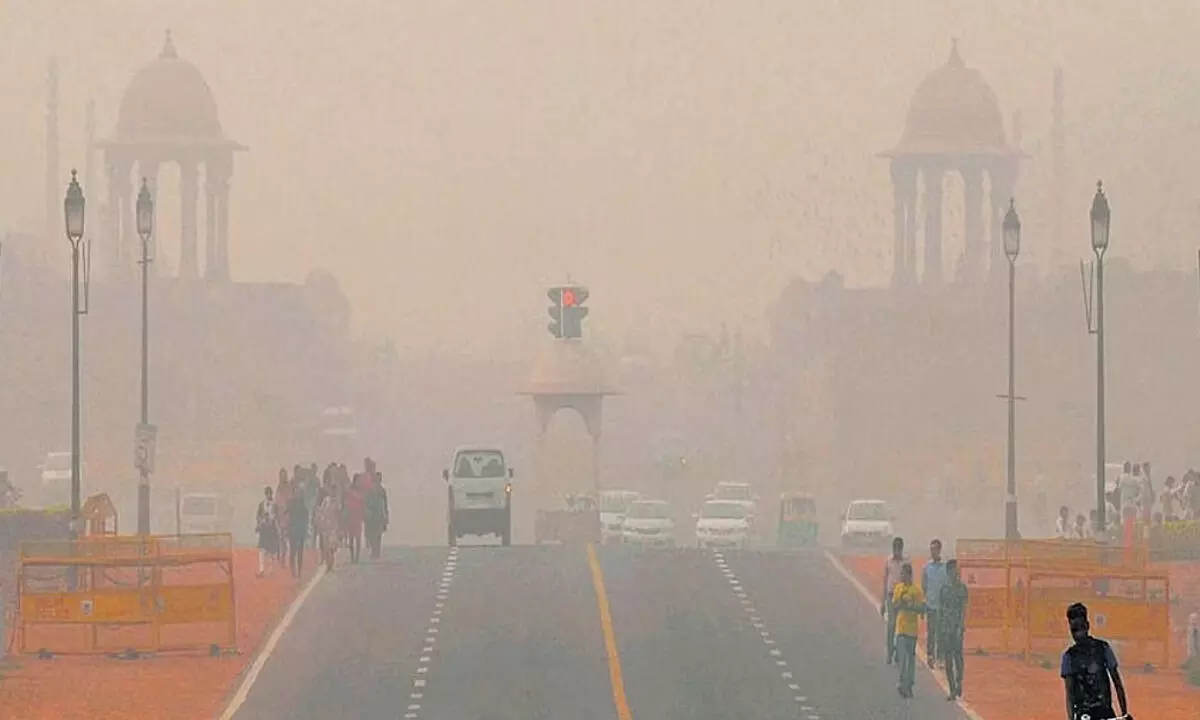Live
- Manipur violence: Assam Police mount 24x7 vigil along inter-state border
- The Impact of Wellness Programs on Employee Engagement and Retention
- IS claims responsibility for deadly attack in Afghanistan
- The Future of MSMEs: Embracing Innovation and Sustainability for Growth
- Army chief returns from Nepal after defence cooperation talks
- ‘Vikatakavi’ shines at IFFI, Goa
- Tamannaah highlights the strengths of south Indian cinema
- Shivanna’s ‘BhairathiRanagal’ locks Telugu release date
- Startup Ecosystem and Technology: Revolutionizing India’s Retail Fashion
- SDT’s ‘Satya’looks favorite at Filmfare Short Film Awards 2024









